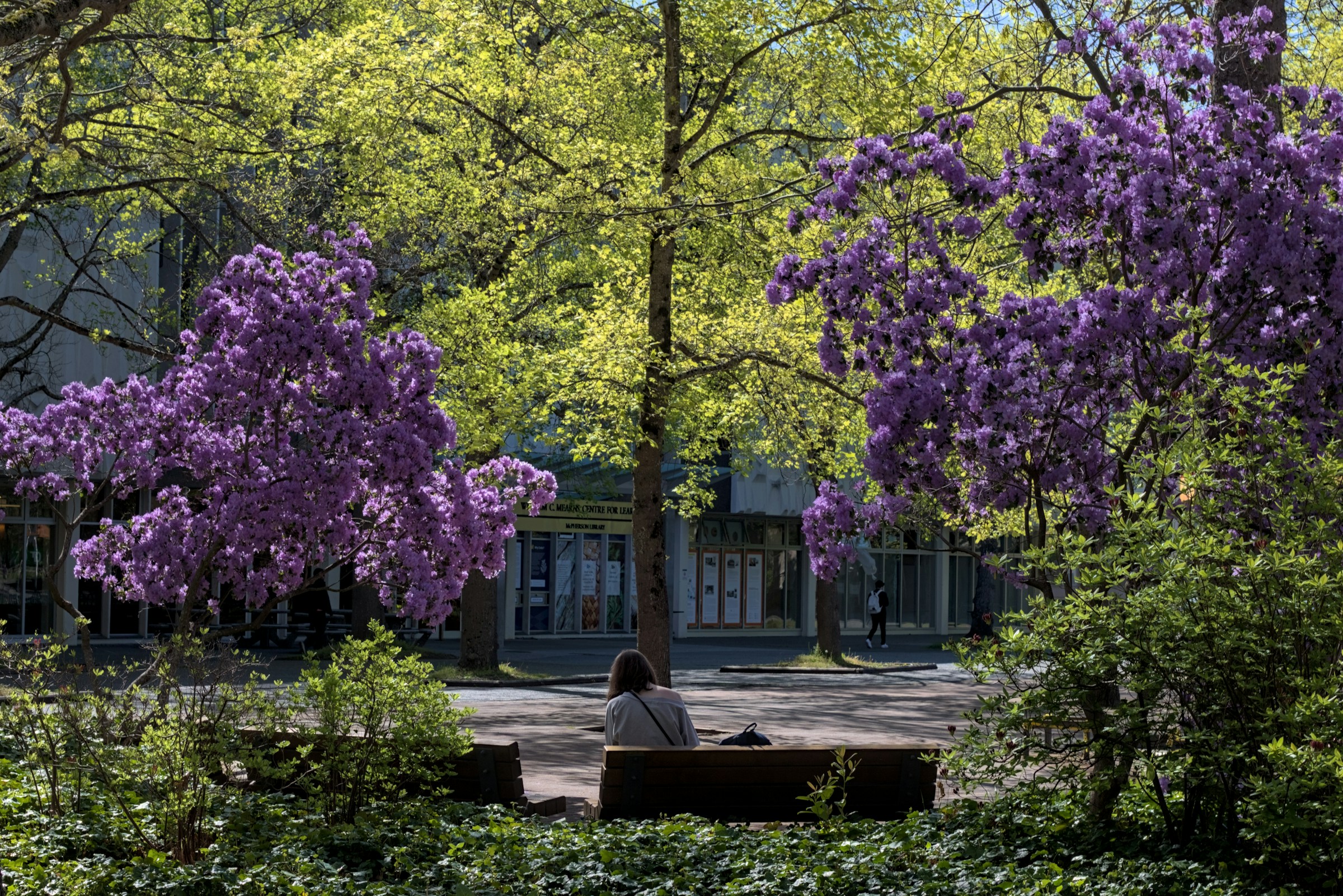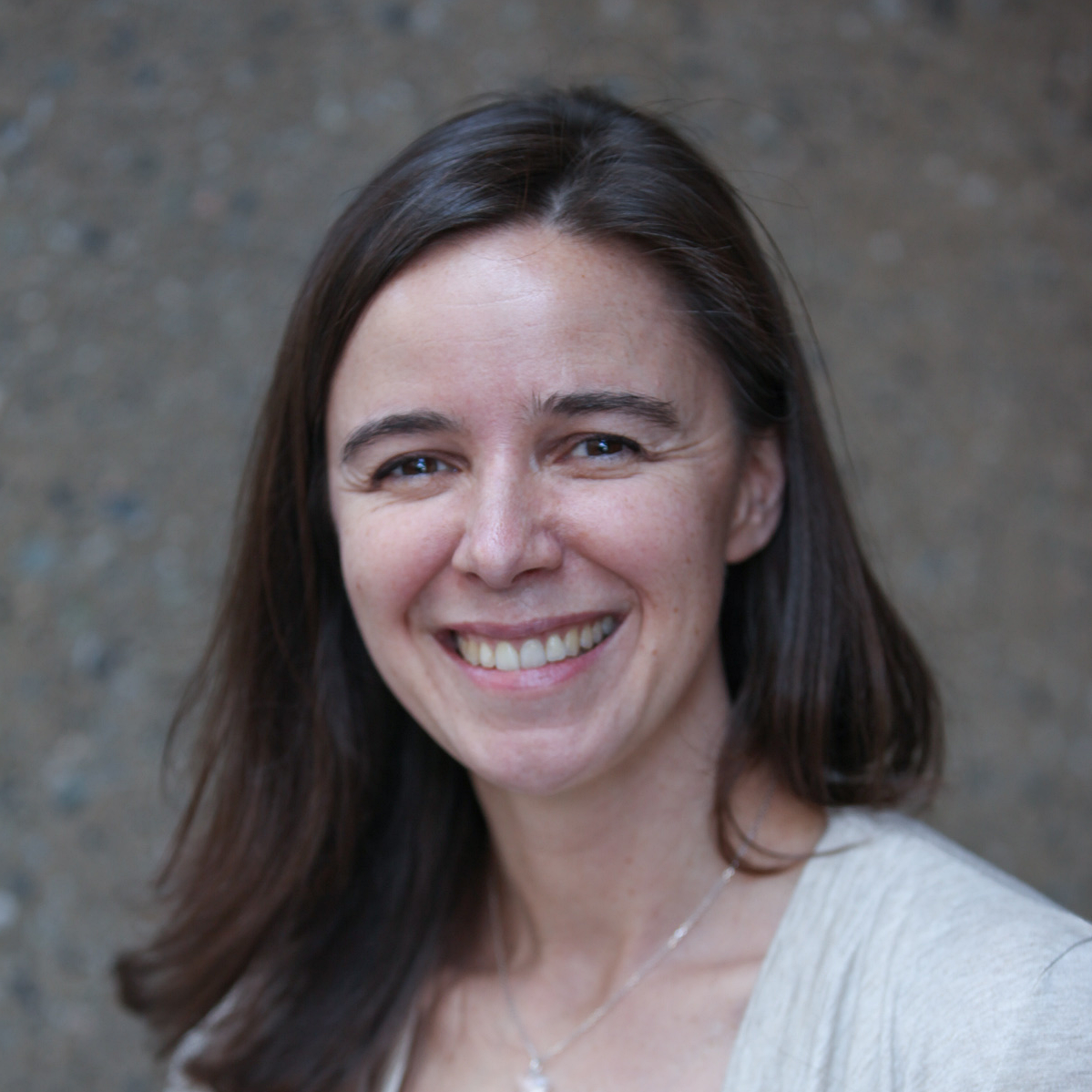Victoria
University of Victoria
| Please select your membership type (non-refundable) |
| Regular Member $311.00 CAD Regular Non-Member $421.00 CAD *Reduced Member $225.00 CAD *Reduced Non-Member $275.00 CAD *Special Reduced Member Registration $144.00 CAD *Special Reduced Non-Member Regisration $194.00 CAD Non-presenter fee $120.00 CAD |
| *Registration Category |
| Regular Registration Post-Doc International (Outside Canada & USA) Student Retired Unemployed K-12 Teacher Underemployed or Unwaged Non-presenter |
| Member Name |
| Member Email |
University of Victoria
Share, Connect, Collaborate, and Renew
OTESSA25 in Victoria, BC convenes a scholarly community to examine the complexities introduced by technology and open practice in education, society, and academia. Hosted at the University of Victoria, this gathering promotes inquiry and exchange among researchers, professionals, students, librarians, policymakers, and educators. Designated sessions will focus on refining prospective publications and collaborative ventures.
Following two days of conference sessions, participants will be invited to co-plan 1-2 days of land-based activities depending on the desires of attendees. These will be important times of less formal networking, support, and relationship building in the natural environment around Victoria.
Victoria, BC
Set on the homelands of the Songhees Nation and the Xwsepsum Nation, the University of Victoria ranks among Canada’s premier research-focused institutions. The city of Victoria merges historic architecture, a lively cultural sphere, and spectacular coastal panoramas. It also offers world-class attractions and abundant farm-to-table dining, all nestled between the tranquil waters of the Salish Sea and the rainforests of Vancouver Island.
Fisgard Lighthouse
Chairs
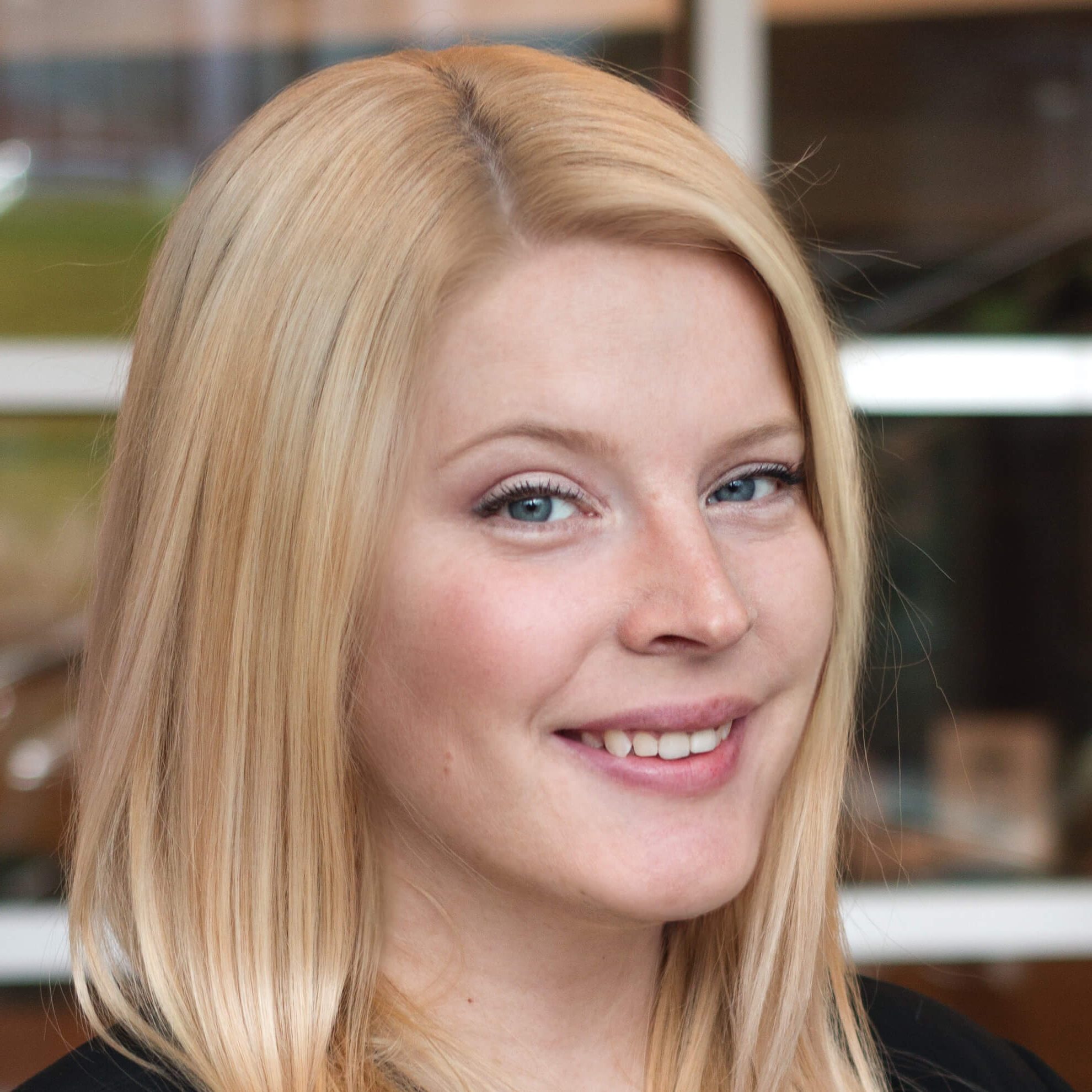
Mariel Miller
Valerie Irvine
Keynote (Onsite in Victoria)
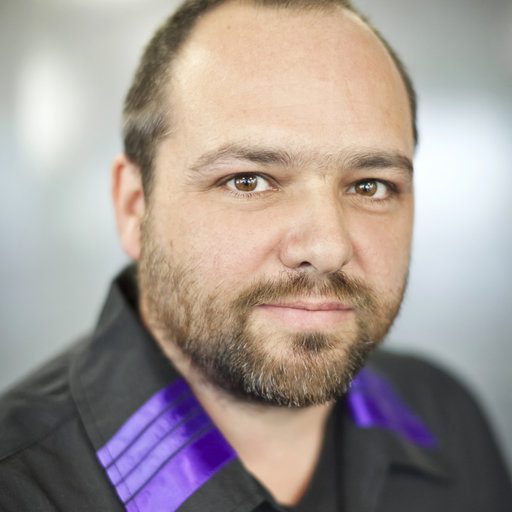
Jean-Paul Restoule
University of Victoria
He is currently leading a study on how to centre Indigenous pedagogy and ways of knowing and being in online learning environments.
Jean-Paul is also investigating what motivates educators to incorporate Indigenous perspectives in their teaching practice and how teacher candidates and new teachers can best develop the knowledges, confidence and motivation to meaningfully include Indigenous knowledges and pedagogies in their classrooms.
Lorem ipsum dolor sit amet, consectetur adipiscing elit. Integer vulputate velit quis iaculis luctus. Vestibulum aliquam laoreet gravida. Pellentesque volutpat ante tortor, ut egestas elit pulvinar sed. Etiam tempus tempus ligula, a auctor nunc sagittis et. Quisque finibus efficitur ligula, a consectetur ipsum interdum id. Nam nec mi vitae dui euismod feugiat ac nec erat.
Keynote (Online – full OTESSA Conference)
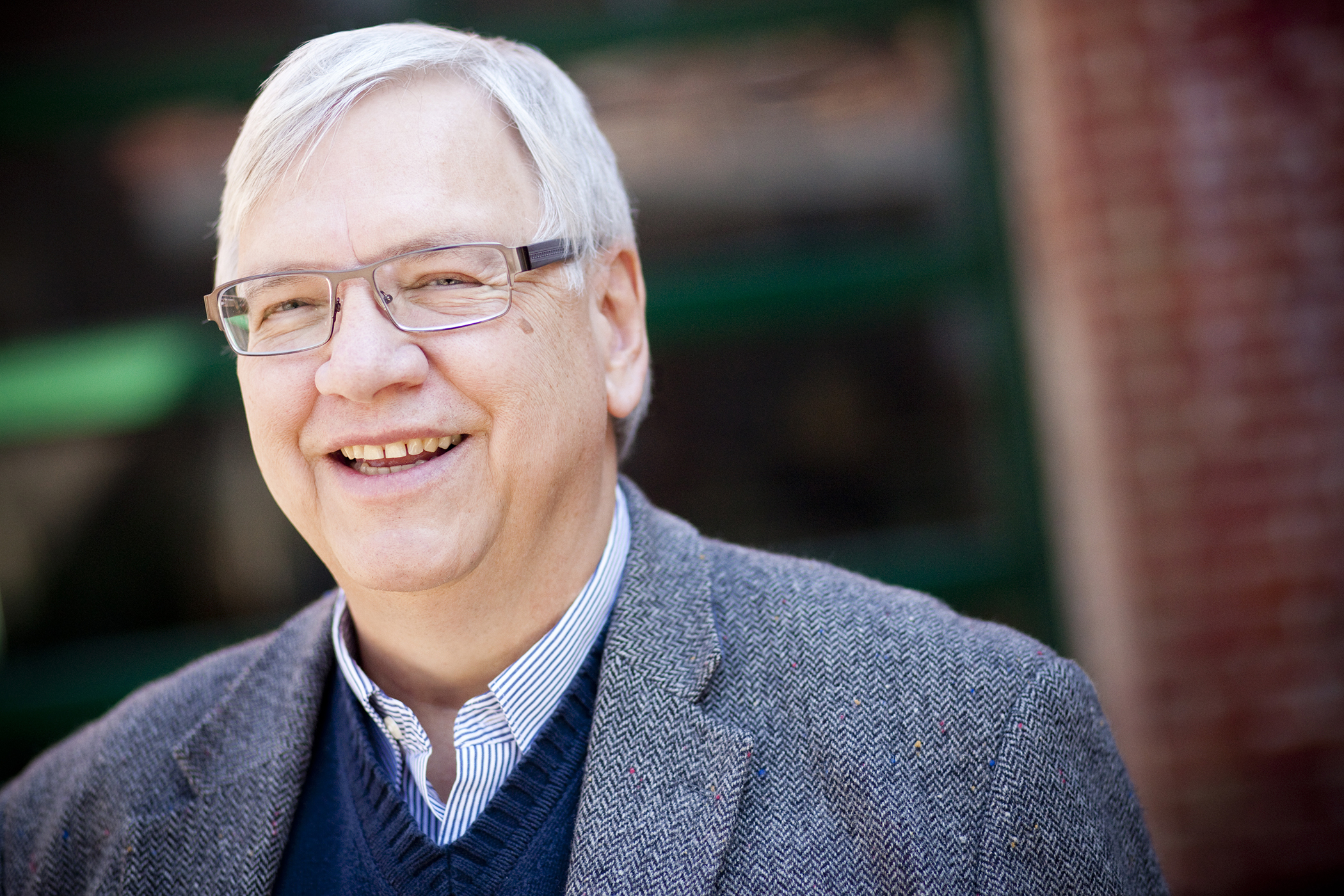
Thomas C. Reeves
Professor Emeritus
Department of Workforce Education and Instructional Technology,
University of Georgia
Thomas (Tom) C. Reeves, PhD is Professor Emeritus in the College of Education at The University of Georgia. He was a Fulbright Lecturer in Peru and has given invited presentations in the USA and more than 30 other countries. He is the former editor of the Journal of Interactive Learning Research, and the author of nearly 200 scholarly papers. His co-authored books include Interactive Learning Systems Evaluation, A Guide to Authentic E-Learning, Conducting Educational Design Research (two editions), MOOCs and Open Education Around the World, and MOOCs and Open Education in the Global South. His research interests encompass educational technology in developing countries, educational design research, medical and public health education, and prison education. He currently lives at The Spires at Berry College in Rome, Georgia with his wife, Patricia M. Reeves, Professor Emerita of Social Work at The University of Georgia, and their two West Highland Terriers, Zipper and Button.
Dr. Reeves will join OTESSA virtually to discuss themes he has published on recently such as focusing our research and practical scholarship on problems and needs instead of things or tools. His keynote helps to frame our efforts in the Santa Fe colloquium to develop a strategic framework for research focused on grand challenges related to instructional design and educational technologies.
Lorem ipsum dolor sit amet, consectetur adipiscing elit. Integer vulputate velit quis iaculis luctus. Vestibulum aliquam laoreet gravida. Pellentesque volutpat ante tortor, ut egestas elit pulvinar sed. Etiam tempus tempus ligula, a auctor nunc sagittis et. Quisque finibus efficitur ligula, a consectetur ipsum interdum id. Nam nec mi vitae dui euismod feugiat ac nec erat.
